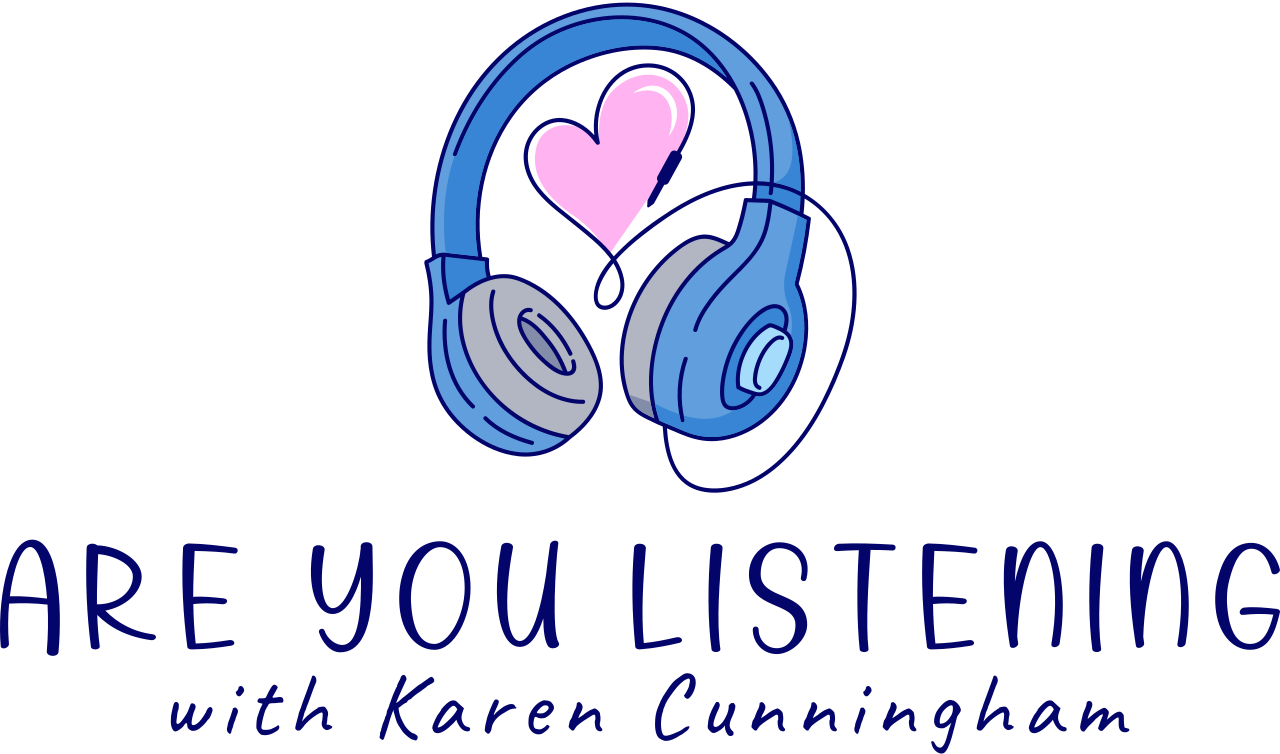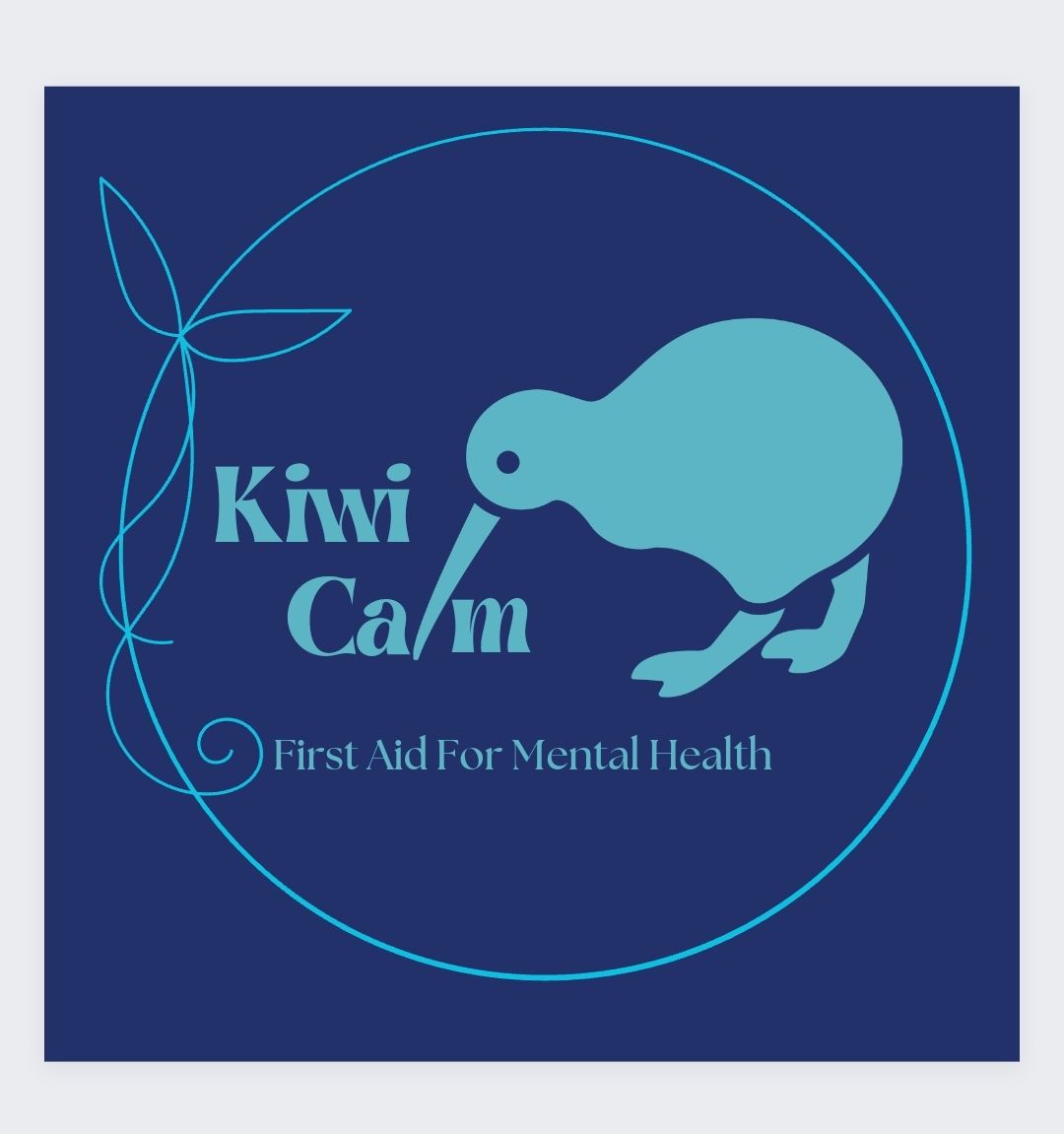Couples therapy is a process of developing relational intimacy, creating trust, building connection, and enjoying the happiness a healthy relationship with a primary significant offer can provide. The formation and maintenance of a healthy relationship with an intimate partner can seem a daunting challenge. However, study after study demonstrates that a healthy relationship can provide numerous physical, mental, emotional, and spiritual health benefits. Couples counseling may include:
- The development of an emotionally secure, interdependent attachment.
- Identification of dysfunctional patterns of communication, often with an exploration of how such patterns developed.
- Learning to consciously communicate from a mature, adult stance.
- Learning empathic listening and building relational strategies.
- Reducing defensiveness, stonewalling, withdrawal, and retaliation.
- Exploring families of origin to clear up attachment issues.
- Learning how to exist in a relationship as a mature, mindful, present partner and how to encourage your partner to do the same.
- Problem-solving, resource development, the resolution of differences, and the creation of emotional empathy.
- Learning to skillfully love another with genuine intimacy.
- Developing and expressing your own healthy limits and boundaries, while respecting your partners.
- Learning how to ask for wants and needs with clarity, and how to help your partner provide them while understanding it is not their job to “fix” you.
If you and your partner would like to enter couples therapy, please contact me to set up an appointment.






